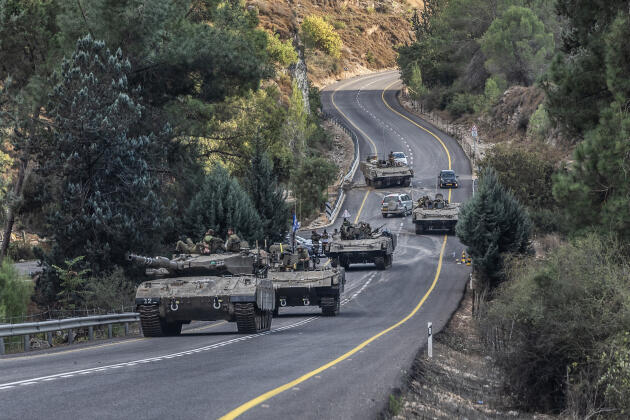Counter-Terrorism Post Saddam
The Americans conducted the campaign in Iraq as part of the continuing war against international terrorism, which in the aftermath September 11 attacks is seen as a genuine threat to world peace. One of the goals of this campaign for the U.S. was to prove its determination to fight terrorist organizations and the states which sponsor them, thereby sending a warning to all the members of the “axis of evil”. Now, after the battles are over, the question is how the campaign in Iraq will affect international terrorism?
The level of terrorism at any given time is the result of two variables—the motivation to perpetrate attacks and the operational capability to put this motivation into practice. Regarding international terrorism capabilities, we must remember that the terrorism network today is comprised of cells of Islamic-Fundamentalist activists spread out all over world and belonging to dozens of separate organizations.
Although it’s undeniably true that Iraq did not hesitate in helping terrorist organizations and at times even exploited them to advance its own interests in various arenas, Iraq was not the main driving force in international terrorism. Destroying Saddam Hussein’s regime certainly harms international terrorism, particularly Palestinian terrorism, however it did nothing to destroy the capabilities of the international terror network to continue its campaign of large-scale terror attacks—this capability still exists.
What about the motivation? There is no doubt that the motivation of radical Islamic terrorists and their many supporters all over the world rose considerably with each picture of the bombing of Baghdad broadcast. The feeling of failure and the loss of pride in the face of the incredible American victory only increase the desire for revenge—a desire that is likely to be expressed in the perpetration of terrorism. However, at the same time the American victory sent an important message to the state sponsors terrorism: that the United States will not hesitate to use massive force against any country found to be sponsoring international terrorism.
But has this message of deterrence been internalized? The answer to this question will probably be given is a short period of time. In any event, any deterrence only has meaning when the adversary makes rational decisions based on a cost-benefit; it is not at all clear whether the young leader of Damascus is making such decisions. In any case, even if the message has been internalized, it will affect only nations involved in some way with terrorism, and not the organizations themselves. States may be well aware that they cannot stand up to American military force. However, the organizations and the cells that make up the network of international terror have no precise address; on them the deterrent effect will be limited.
In deterring state sponsors of terrorism, the international community, too, has an important role to play. The U.S. has already proven its determination to fight terrorism even when most of the world condemns its policies and attempts to put obstacles in its way. How much greater the deterrence if sponsors of terrorism face a unified international front, or at least a wide consensus. There will of course, always be some countries unwilling to cooperate in this effort. The French, for example, apparently are a lost case; until the Eiffel Tower is brought down by terrorists or an outbreak of Smallpox occurs in Marseilles, they will continue to believe in their ability to buy protection from terrorists and their sponsors with silence.
However, other countries have ample reasons for helping to put pressure on sponsors of terrorism. Russia is one such country. The Russians has been coping for years with a local manifestation of radical Islamic terrorism, courtesy of Chechnya. They must understand that if they do not overcome the conditioned reflex of opposing the United States, they will only be digging their own grave. It is legitimate for Russia to formulate a different power base to that of the U.S., and to some extent, it is preferable that it should do so. Russia has a key role in dealing with international terrorism if it will only understand its position. Its traditional ties with the Arab states, its geographical locality and the relative trust which it enjoys from Arab and Islamic elements (certainly in comparison to the U.S.A.), enable Russia to formulate a moderate Islamic front against international radical Islamic terrorism. Russia must send a clear message to every state which sponsors terrorism—first and foremost to Syria and Iran—that they should not expect any support from Moscow; that only if they renounce terrorism will they be getting any hugs from the Russian bear. Russia is in a unique position to unify those Arab and Islamic countries that stand opposed to all radical Islamic terrorism.
The time is at hand for the formation of a new league of nations to stand against the scourge that now threatens so much of the world. This new union will include Western states and Third World countries, and will be led by the United States and Russia. Hopefully, China too, will take a leading role, on the bases of its experience with radical Islamic elements in Xinjian. The countries of the world—especially the Americans and the Russians—must not look back in anger, but should instead look forward in preparation for a future in which radical terrorism is the main enemy of civilization.






